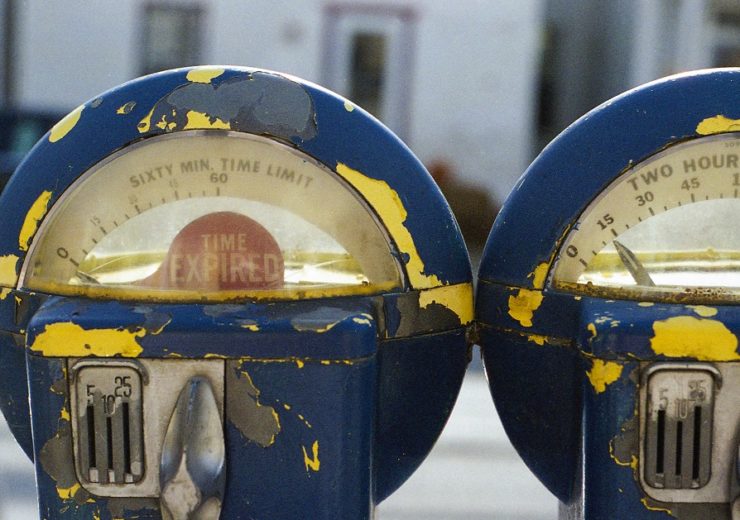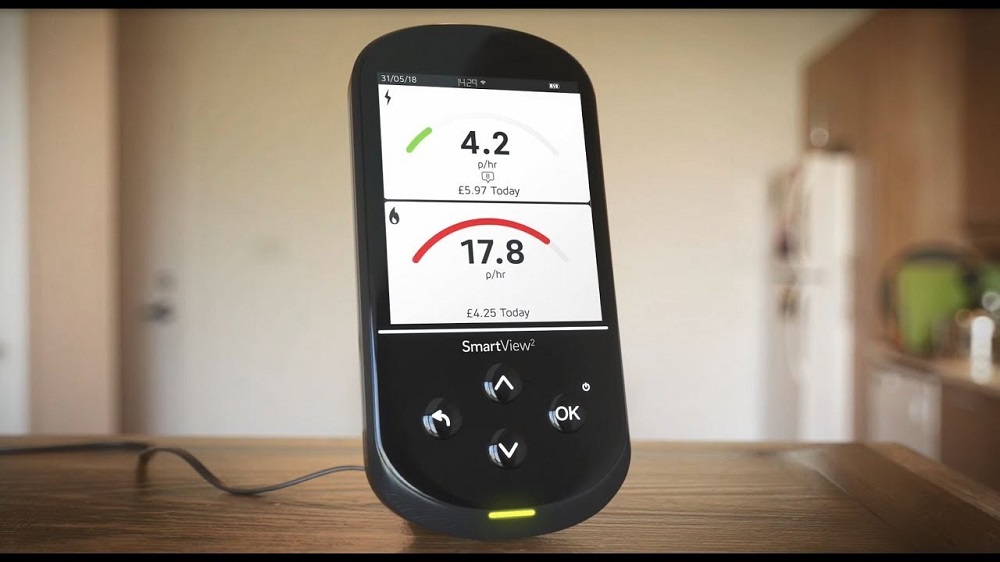Energy customers are increasingly demanding real-time consumption updates and forecasts, energy budget tracking and usage by activity

It's time for utility providers to up their game when it comes to embracing smart technology (Credit: Unsplash/Josh Newton)
With regulators and customers pointing towards smart meters in an age of eco-consciousness, it’s time for utilities to embrace disruptive technology, believes James Hunt. The business development director at UK intelligent energy optimisation platform provider Lucid explains.
Ofgem’s proposed new reforms requiring suppliers to take all reasonable steps to roll out smart meters by 2020, matched with the UK government’s target to have smart meters installed in 85% of homes by the end of 2024, means utility providers are having to embrace digital transformation.
This is in order to provide consumers with greater insight into their energy usage, as well as keep up with regulatory changes.
Research conducted by PwC and Lucid reveals that the current lack of transparency around energy usage and costs is a key contributor to frequent customer churn within the industry.
Some 59% of people state they would be more likely to stay with their current provider were they to offer a platform detailing exactly how household energy is being consumed.
In addition, 28% of respondents have switched energy supplier within the last 12 months, and 41% are “likely” to do so within the next 12 months.
This is further supported by numbers from industry body Energy UK, which recently highlighted that customers switching energy providers is up 10% year-on-year – with 600,000 customers moving to new suppliers in September 2019.

These statistics demonstrate a worrying development for utilities providers, which are evidently struggling to achieve true customer retention and loyalty within a landscape where consumers are more discerning than ever and will compare the market for the best deals.
The adoption of new smart metering technologies, which go above and beyond what we have seen to date, can enable suppliers to reverse this trend.
Elements such as real-time consumption updates and forecasts, energy budget tracking and usage by activity are central to this.
How is the smart energy market changing?
These metrics help to address a real shift in consumer mindset, driven by financial management concerns and perceptions on reducing environmental impact.
Consumers want to be the ones in control, rather than being controlled by their suppliers.
The arrival of smart meters is a contributing factor behind this – giving households an indication of how they can better manage energy usage – but the roll-out to date has been far from smooth and so there still exists ample opportunity for the technology to demonstrate how it can deliver greater levels of financial comfort through budgeting and forecasting of their bills.
Despite these industry changes, the energy industry has been relatively slow in embracing digitalisation.
With a proliferation of new players to the market, many of whom have a strong customer service focus, consumers can now become more selective with the provider they choose.
Within this fast-evolving industry, it’s important for energy suppliers to recognise and react to changing customer needs.
A further contributing factory – as revealed by PwC and Lucid – is that of changing environmental attitudes.
While tending to be a secondary concern, there is still a consensus that people should be looking at ways to become more energy-efficient.
Some consumers, particularly those with children, stated they would be interested in having a smart meter for its potential education benefits – for example, helping children understand the cost of energy.
How utilities can adopt smart technology
Several energy companies are already leading the way by introducing innovative tech to their business models to drive the change that will encourage consumers to become engaged in optimising their energy usage.
The PwC-Lucid findings also reveal that while six in 10 people are familiar with smart energy apps, half still do not have access to them from their energy provider.
Considering this, it is evident that there’s a growing opportunity to engage with consumers further and educate them on the benefits of such technology, particularly as 59% state they would be more likely to stay with their current provider were they to offer better transparency of energy consumption.
Smart meters are essential in retaining and attracting new customers.

Therefore, CIOs and CTOs must seek new solutions and adopt new smart tech to align their businesses with changing customer expectations.
Energy companies must act now and roll out this new tech especially in a climate where the risk of not adapting can lead to high business costs, loss of custom and the danger of being considered outdated.
Giving control to consumers through features such as real-time consumption updates and forecasts, energy budget tracking, and usage by activity are central to this.
Within the modern digital revolution, these technologies are already in existence in sectors like digital banking where consumers can track and monitor payments in real time. This service must now be more widely available across industries.
